Chioma Ajunwa Oparah: Worth Her Weight in Gold
Being a champion requires you to make some hard sacrifices. No matter what will or has happened, your eyes must be set on the prize. In Chioma Ajunwa’s case, it was a bouquet of scars, pain, betrayal, success and a little serendipity all wrapped with an Olympic bow.
From losing her father at such a young age, to literally being chased down and recruited by the Nigerian police force, this is the story of a woman and the struggles she overcame to be the best and the first in the world. The DOWNTOWN team led by the Editor, Latasha Ngwube sat with Nigeria’s only individual Olympic gold medalist for an afternoon of old and new memories as well as an eye-opening conversation on the true fate of Nigerian athletes. Transcribed by Tilewa Kazeem.
I read that you were born into a not too affluent background. You are the last of nine children and your dad passed away when you were much younger. What was growing up like for teenage Chioma in terms of school sporting activities?
Well, as you rightly said I was born into a family of nine. 6 boys and 3 girls. I was the last child and the baby of the family. During my time going to school, it wasn’t easy because my dad died when I was still very little. My mum found it hard to raise 9 children alone and we were living from hand to mouth. Being the last child, she didn’t want me to be the only one who didn’t go to school. She tried her best to make sure I got my education. Playing the role of a mama and a papa she tried her best and while I was at school God gave me a gift and I was performing very well. Unfortunately, my mother lacked the means to take our education to the highest level but at least all nine of us studied to the secondary school level.
As for the inter-house sports, that was where my story began. I competed in primary and secondary school, although it wasn’t too competitive. You know as kids, we just wanted to participate and do something but I never knew it would take me as far as it did.
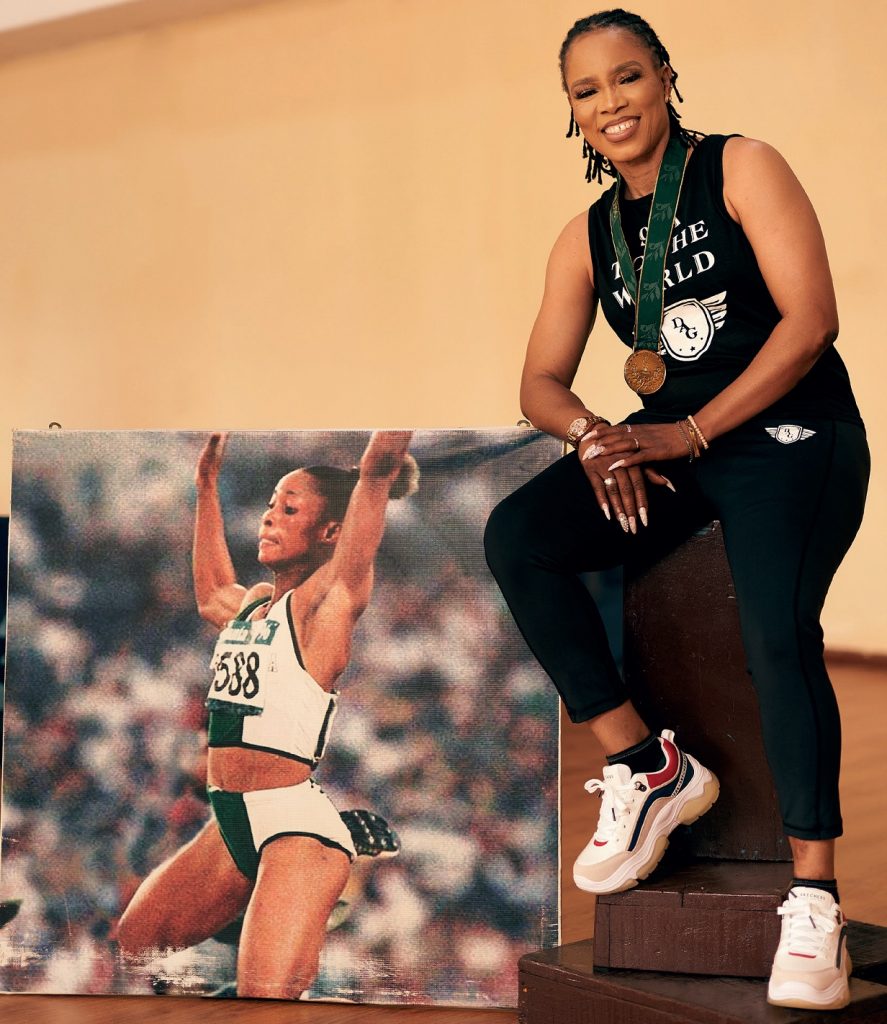
You wanted to be a motor mechanic. Why?
When I finished my secondary education, I wanted to go to University but for some strange reason, my mum burst into tears when she heard. This was because she lacked the necessary funds to take me past that hurdle. Considering her situation and that of my family I decided to do something instead of staying home while my mates were at school. So I settled on an apprenticeship as a mechanic but when my mum heard my plan she started crying again. Her major concern was that the line I had chosen was predominantly a masculine realm. Well, of course, I didn’t see it that way and I just wanted to help but she refused. As a plan B, I went to live with my elder sister’s daughter who was at the time a midwife. While I was there, I chose to look for a job in sports because I recalled several students receiving allowances from the state for representing them in competitions while they were still at school. So I went to inquire about that possibility but I was outrightly turned down. They claimed I was still a juvenile and had no business with money. Devastated, disappointed, and heartbroken, I started sobbing. On my way out of the stadium, I spotted two policemen and a woman charging towards me. It was a fight or flight moment for me and compounded with my phobia for the police, I bolted.
They eventually caught up to me and informed me that their boss wanted to have a word with me. The whole thing sounded puzzling because I had no clue who he was. Long story short, I was taken to meet their said boss and that was how I got into the police.
After secondary school, you went into the Police force?
Yes.
So tell us about the journey. From being recruited to representing Nigeria in football and sports in general. How did that happen?
While I was in the village as a little girl amidst my brothers I usually played football with them. I played so much that at some point I played better than them. At that point, I never knew that God was leading me down my path and at the time I played for leisure. Right after I left school because I was looking for what to do to support my family I joined a football team. The Chairman of Youth from Imo state at the time was surprised by how well I played. He asked me questions about how I learnt how to play and I told him I played with my brothers. Impressed by my ability he told me to bring all my friends who were interested in playing football and thus a female team was built to represent Imo state and I played with them.
We won every competition we participated in despite not having kits and boots, we beat our counterparts and that was how I started playing football. One day, we went to play in Rivers state. I met Larry (blessed memory) and I never knew he was from Imo State. Then, he studied abroad, and when he returned he lived in Port Harcourt so we never met until then. We spoke and he asked if we could play with his team, we did and bested them. That was exactly how I started playing football.
Each state had teams and it was from that team I was picked to play for the Super Falcons from the Larry’s Angels (Now the Rivers Angels). I left the team I helped create in Imo state and joined Larry’s Angels.
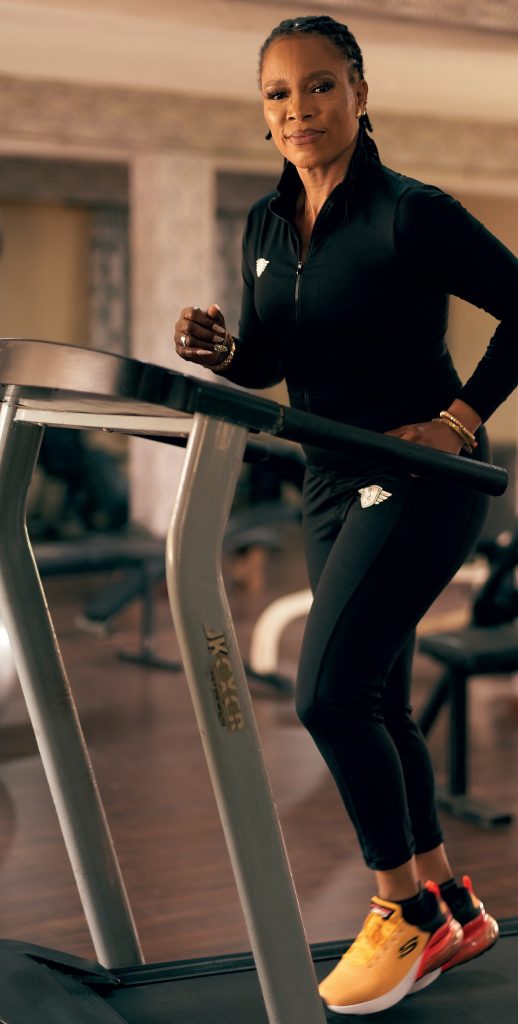
You were benched a lot when you played for the Super Falcons and the coach at the time refused to put you on the field. Why was that?
That wasn’t exactly the case. Initially, I was the best player on that team. Given that I was partaking in both football and athletic events, I was very strong and the best of the lot. What happened was we had just returned from the Women’s World Cup and the All African Games Cairo 91 where I won 2 gold medals. We had just arrived at camp and my colleagues were not happy because the late Chief MKO Abiola gave me a cash token and a Rolex watch. I used the money to build a house for my mum and bought a generator as well. Sadly I never knew my colleagues were envious of me. After that, they told our trainer then that I was taking their spot on the team and I should stick to athletics since I was very good at it. Paul Hamilton who was relatively new at the time didn’t give what they had said a second thought and he yanked me from the team and said I’d never get a dog’s chance playing for the first team. That was how I was banished to the reserve team.
Earlier, I said something about being gifted and I’d say it again. I am gifted. At the time I played for the Falcons, I was what you’d call a utility player. I could use both feet well and I could play on either part of the field in any position perfectly. During my time at Rivers Angels, I captained the team for 8 years and never conceded a single goal. Not even Ufouma Babes could break us down.
Anyway, after the coach told me that, I started crying. I told my roommate then Francesca Williams and she consoled me. When we arrived at training that evening, Paul Hamilton had exempted me from the team and that was the first day in my life I sat on the bench watching others play. I went the following day and the day after the same thing happened and each time. Usually, I trained with both the athletics and football teams. Once athletics training was over I’d join the football team and train with them as well.
On this fateful day, we went for Woman W.A.A in Ghana. When we got there he put me on the bench and I was perplexed. Towards the end of the match when the opposition was piling on the pressure he decided to put me on and he instructed me to “attack the back five.” I came and tried my best but I couldn’t do anything. After the match was over I went to the coach (Paul) to ask why he subjected me to the bench. He barked at me never to ask such a question again. As weeks rolled by I remained a bench warmer and after I couldn’t take it anymore I packed my things and left. When the ministry heard of what had happened and I’d left the camp they sent the coach (Paul Hamilton) and Patrick Okpomo to my house and he begged and tried to persuade me to change my mind but I stood on my word and said “I’m done with the National team.” After that day, I focused squarely on athletics.
How did you branch out into the athletics phase?
While we were playing football, a coach called me. He told me that if I could run on the track the way I ran on the field, I could be a champion. I was a bit skeptical about it because of my height but I knew I had little experience running during my time in secondary school as well as primary school so it couldn’t be that hard.
Lo and behold one day, an exam was organised and as a reward, the best three would be taken to Owerri to watch the athletics team. After the result was released I came in second place and was selected. When we got there and I saw other female athletes and I realised they weren’t all that tall but they were exemplary athletes, what was stopping me? I thought running was meant for only tall people and when I saw that wasn’t the case I made up my mind, and that was how that journey started.
When you walked out on the football team and focused on track-related sports you won an Olympic gold medal for track and field. How did it feel to step up on the podium?
I thought it was the same as the medals I’d been winning in the past. I never knew what having an Olympic gold medal meant or what it felt like. I just thought it was business as usual and I was oblivious to how prestigious it was. Inn
truth, being an Olympic gold medalist is the climax of it all. Mounting the podium that day, I never knew the efficacy of winning an individual Olympic gold medal.
You were the first African woman to win an Olympic gold medal in a field event and the only individual athlete to win an individual gold medal for Nigeria. What does that feel like on some days when you wake up now?
*she begins with laughter* Well…I feel so happy, great and blessed. For me, hearing that and being the only person in Nigeria and the only woman in Africa to win an Olympic gold medal in a field event I feel so honoured and I thank God for that each day.
So, you were banned for doping four years before Atlanta 96 and you were able to maintain your innocence to date. What was that time like for you and how did you weather that storm?
Sigh, it’s the glory of God. Those years I was on a sticky wicket. I felt helpless and dejected but in the end, God came through for me. That’s why when people ask me about this situation I feel it would be wrong and offensive to God to dwell or talk about how I felt about a battle he won for me. At the tail end of it all, he gave me the biggest victory.
Was there a second ban and what happened there?
I think that one was between me and my manager at the time, Robert Wagner, who was from Austria. Right after I won the Olympic gold he called me in Atlanta while other managers were trying tooth and nail to sign me. He told me he wanted to sign me and some people also suggested him to me as well. During the time he approached me he seemed like a nice person. He got me a 24 Karat gold wristwatch. Unknown to me that it was just a ruse; I signed and by then it was already too late. I found out the wristwatch was bait to lure athletes to his camp once in his web, he’d syphon and deprive them of their hard work and sweat.
He was my manager from 1996 to 97 and in 97 I had a problem with my lower back. One of my discs was displaced and it needed surgery to be fixed. My country refused to come to my aid and the UK was ready to do it for me for free but the catch was I’d start competing for them and not Nigeria. Being a patriotic citizen I turned it down but along the line, Wagner told me since no one is ready to come to my aid, I should try to work for the money for the surgery in Israel.
Heeding his advice, I started managing myself to compete so I could raise the money for the surgery but all the events I participated in Wagner never paid me a shilling. For me, every time I stepped up to jump and fell short of my best my reputation diminished. I was performing as a one-legged athlete but he would not relieve me from my contact and kept persuading me to compete.
On the 7th of August 1997, I unbuckled myself from the shackle that was Wagner and he told me he’ll transfer my money to my account. I came to Nigeria, started looking for money to go for the surgery, and at the same time I called Wagner; he never picked my calls. Eventually, my state(Imo) helped me and I went for the surgery and it was a success. In 2009 I met Wagner in the UK and he told me he had paid my money into my account. I told him I hadn’t received any money because I had been to the bank to check and it showed I never received any money. I told him to pay me my entire $129,000 which he owed. In all the meetings I attended under his management I was never paid. I was paid $30,000 for a meeting in 1996 he never paid me. He kept on telling me they hadn’t paid whereas everyone had been paid. I didn’t know I was just digging my grave.
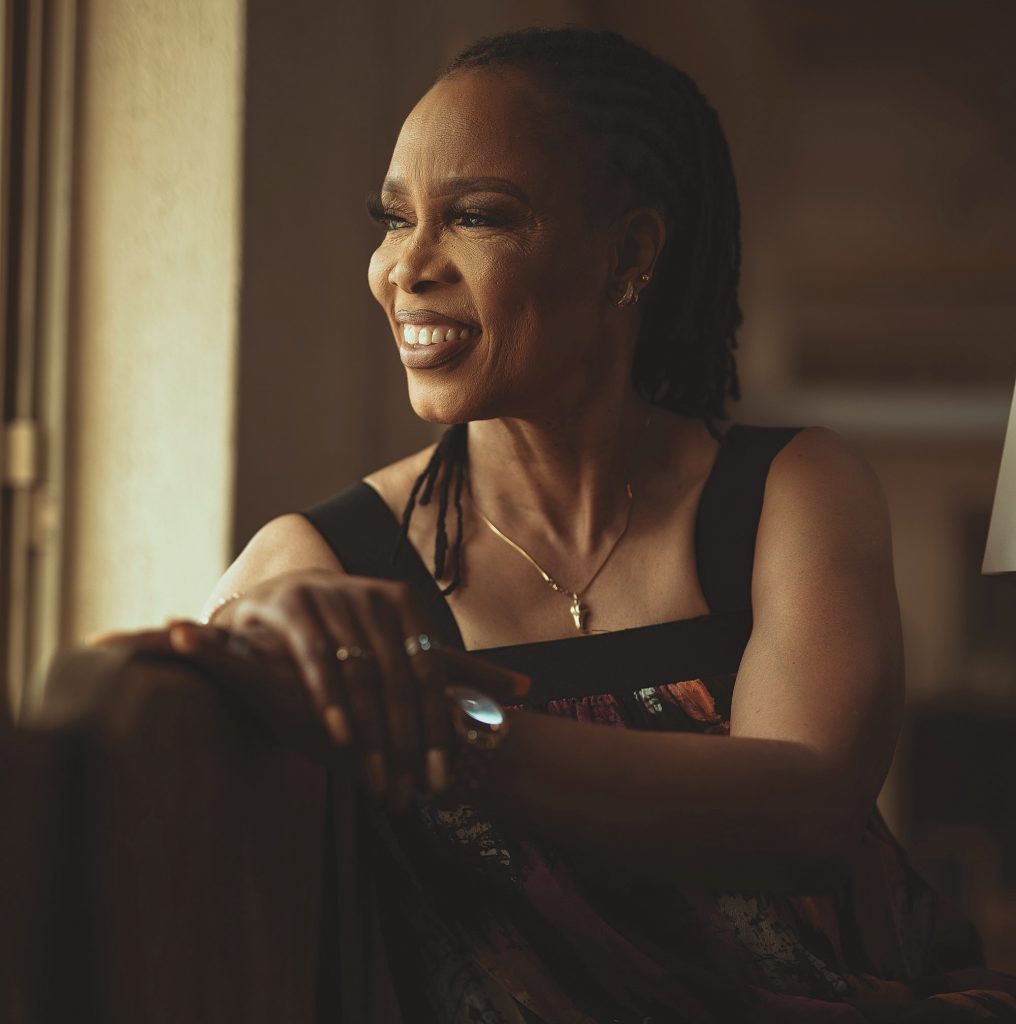
In 1999, we were in Kuwait for a competition and I was privileged to be fitted in the same bus with the Treasurer of IAAF. As we were discussing and he told me his position, I confided in him and told him that Wagner had ripped me off. After I had spoken to him, he told me to send him the statement of account and account details Wagner said he paid the money immediately after I got home. Once I got home I sent all he asked for to him and he told me that when he gets to the IAAF meeting he’ll report it. Apparently, I wasn’t his only victim. Some Jamaican and Bahamas athletes also fell into his web of lies. He said if Wagner didn’t pay me my money he was going to get sanctioned and banned. Along the line, I was told he had been summoned and instructed to make my funds available to me.
That fateful day, I was in Germany and I told him I wasn’t going to jump as by then a lady from Austria named Mary had now taken up with me. So as I was called to Hayen and I told them I wasn’t going to jump. They convinced me to go and I got there it was a high jump event after I had clearly stated I wasn’t going to jump so I wouldn’t hurt my hamstring and compete for my country for the Commonwealth Games. After the back and forth the lady told me to jump. Right as I was preparing to jump I saw Wagner with a short man pointing at me. With my attention divided, I placed the wrong foot first and missed the jump. After that, I couldn’t jump and I sustained an injury that stopped me from walking properly. I was taken out and awaiting a vehicle when a man came up to me and demanded my number. I asked the reason he needed my number and he said doping. I said they test those who come 1st, 2nd or 3rd. I didn’t qualify so why do you want to test me? Being a timid person instead of standing by my word and my right I gave him my number. Thereafter, I was told I failed the dope test.
I could have contested it if I had money to fly to Geneva then but well that’s a different story and by the time I got back to Nigeria, they had already banned me from performing and no one bothered to ask questions.
Let’s go back to 1996, you won the medal, the Super Eagles did well at the Olympics and everyone came back to Nigeria. Abacha gave you an award but I understand that the Super Eagles then were given a stupendous amount of money for their efforts yet nothing was given to you. The wage gap for gender disparity has been around for so long. What did you do when you found out the difference in the rewards?
What can I do? I didn’t even know that they were given that amount of money and as a little girl then I didn’t have anyone so there was no representation. Even when Baba came in not a single reward came to me and no one put my name forward. That goes to show that this country… I don’t know.
Do you think that there’ll be a time in sports when women will have as much value as men in the eyes of Nigerians?
I believe that God is fighting for us because when you look at the statistics of those that have been making Nigeria proud, the women are right in there with the men but when it comes to rewards, I don’t know what usually happens. I believe that any year the right person is in that position they’ll be able to do things the right way
Tell me a bit about the Chioma Ajunwa Oparah Foundation. You started it in 2017 to teach young athletes about the importance of discipline, saying no to drugs and the culture of it. But what have been some of your biggest successes so far?
I started with a campaign against the use of illicit drugs because of all the years I was active in sports no one listened to me and I was victimised. My country never bothered to know or investigate what happened. I took to this campaign to let the young athletes know that they have to be careful. Whether it’s in a search for managers or coaches they should be careful because no oyinbo man wants what is best for you, they always put themselves first and make you the third hand. Every step you take regarding sports you have to be very careful even to what they put in your system because if you are found guilty no one will listen to you. People will flock to to you when you don’t have problems but once you have one, everyone will run and avoid you like the plague. That was the reason for the campaign and that is why I keep doing what I’m doing.
The Chioma Ajunwa Oparah foundation is grooming the younger athletes because one of the problems in Nigeria is that no one is ready to stick their feet in the mud and sift through the rubble of this nation to find the rough diamonds. The ones hungry to compete are in their thousands in villages scattered across Nigeria but since sports scouting is extinct in Nigeria it has not been easy to fish the younger ones out. So I took it upon myself to go from one local government to another to find the diamonds in the rough, train them to an extent, and then Nigeria can take over.
We are doing all this to educate and teach these young ones discipline. You are a better version of yourself when you are educated. If I was educated I would have stood up for myself and said No when that man asked me for my number. I was uneducated and timid and I fell victim. A lot is going on in sports. The roots of politics has grown with sports and people need to educate our younger ones, otherwise, they’ll keep falling into the same quicksand. Take a look at the number of Nigerian athletes who failed dope tests. This is because there’s no education on the dos and don’ts of athletics. For example, in Nigeria, certain vitamins contain substances that athletes aren’t supposed to consume and they are sold without a doctor’s prescription.
Hawkers on the street mix and sell illicit drugs and one can buy them without knowing.
Are any of your athletes from your foundation competing in the Olympics?
No, we operate at the grassroots level. We take from 10 to 17 so they aren’t competing on that level yet.
I want to ask you about the love of your life Mr. Okpara. I know you met in Japan and you have been married now for 17 years with 3 children. What is life like being married to Chioma Ajunwa and having her as a mother?
I’ll say he is the happiest man on planet Earth because I can’t toot my own horn but I think I am the best wife any man could marry considering the way and manner I do my things. I treat my husband like he’s my second God and I do everything humanly possible to make him happy because there was the kind of impression people gave him when we were about to marry because I was a celebrity. They claimed that celebrities don’t have happy homes etc, but we thank God he didn’t listen and today I believe he’s enjoying himself. I tried everything humanly to dispose of all his doubts now we are good.
What is the one thing that has kept your marriage going all this while? Like you said, being married to a celebrity is not easy but what’s that one piece of advice you can give to other people?
When one wants to marry you look at the compatibility. It is very important. Tolerance and love. When you love, real love is very important. When you love someone you’ll not be able to harm that person.
25 years later you got your rightful house from the Lagos state government. Before that, according to you, you were given the MON without the E-Y. How did it feel 25 years later and where’s the house?
The house is somewhere around Iponrin.I feel so happy and fulfilled. Reason being that after 25 years some of us that were in that boat have gone and crossed over to the great beyond but I’m still alive. Being alive to see a gift that was promised after 25 years is worth giving God glory and I give kudos to the Governor of Lagos State because he deemed it fit to fulfill a promise he didn’t make and it is something for people to thank God. I thank him and the citizens of Lagos state for doing that.
Your children must be so proud of having you as a mum and with the Lagos State’s promise now fulfilled they must be happy. Tell us a bit about them.
My first daughter is Chioma. She’s a graduate of Osun State University and she graduated with a second class upper degree (2.1GPA). She’s a very intelligent girl and articulate. Respectful and humble like her mother. My children are so proud of me.
The first son Nzubechukwu Chidera Oparah is a boxer and with the way and manner he is going about things, I’m believing he’s going to be like Anthony Joshua and fortunately, his name is Joshua as well. Everybody here sees him training and I know God that took me to where I am today will equally do better for him. The last boy says he wants to play basketball. He’s a really playful boy and going into basketball really suits him and my last child I would like her to go into athletics and she’s doing well. By the time she gets to 9 or 10 years old I know, she’s gonna be a better girl in her 20s.
What’s their relationship like with you and their dad? What is a normal day in the Oparah household like?
You can imagine when you have young children like that and they are always with me because my husband is not in the country. He’s in Mozambique and every day they speak on video calls. Both girls are too attached to their dad and I believe that’s how it ought to be because the girls are always close to their dad whereas the boys are too close to me so I think it is balanced that way.
Your husband is still a Pastor?
Yes, he is.
So that must mean you travel to Mozambique quite often?
The funny thing is I’ve never been there because of my job but he comes here often.
Speaking about your job, let’s talk about that. How did you get into the Police force?
I got into the police force through sports. They wanted me to run for them. They saw me, picked me up, and dusted me. They took me to my first competition I got there and I won 4 gold medals and we became a family as they refused to let me go. Since then to God be the glory I’ve been doing so well for them
It’s been how many years in the force?
About 29 to 30 years
And you’ve risen to the position of…
Assistant Commissioner.
Do you think that you can become the Commissioner of Lagos State one day?
Well if God permits why not?
How many more years do you have on the force?
I think I have about 3 years plus or so.
After the curtains close on your time on the police force and you retire, what next?
Well, let that time come first *laughs*
As an athlete, I understand it’s common for people to have rituals they do before they either hit the field or the track. How do you prepare for a meet or competition?
I usually make the sign of the cross because I know that it’s God that is going to do it and not by my might. All you have to do is just have your time and have a good rest, not that you wouldn’t talk to anybody because you aren’t going into a church.
What served as a form of motivation every time you went out to represent Nigeria?
My motivation comes from God because coming from a background that nobody did athletics or sports and I happened to be the one to do it and I did it well and at the highest level, I’m always grateful to God. He is my motivation.
Other women have written their names in sprint, like Falilat Ogunkoya, Blessing Okagbare and co. Are you in touch with them? Are you guys on the same WhatsApp group and what do you guys talk about?
We have a good relationship. I don’t know how to hold a grudge. Falilat was my first mother in sports and Okagbare is a junior one and we have a very good relationship
How have those women served as an ally to you in your time?
I can tell you Mary Onyeali was the one who inspired me. When I saw her running as young woman, I told myself if someone like this can run, I can run as well. It’s not about the height but the strength and the speed.
If there was to be a movie about your life, which actress would you like to play you?
Eucharist Anunobi and Genevieve Nnaji.
What’s your day like when you wake in the morning? Talk to me through your day.
First off, we have our morning devotion by 5 am every day. After that, I start getting my children prepared for the day. I usually exercise because we wake up around 4:30 am. I did that consistently before but now not so much. On the days that I do, I exercise for about 10 to 15 minutes. Once I’m done it’s bath time for the kids then morning devotion. With all that done, I take my bath and prepare for work.
What do your duties consist of as a police officer?
It’s a lot. I’m in general duties and we do a lot of things; investigations and such.
You played football, you ran, you jumped, you’re an investigator, you are a mother and a wife. Is there anything Chioma Ajunwa Oparah can’t do?
So far God liveth, I can do many things.
If you could go back in time and change anything again what would it be?
Maybe not being a black woman. We are not appreciated. You think I’m happy?
What else would you change aside from that?
Perhaps not going to school at an old age.
When did you get your degree?
From 2004 and I graduated in 2010 because of a double degree in Human Kinetics and Health Education and then a Masters in Sports Administration both from Unilag.
Why did you have to go back to get a degree?
I had to get it because my mum as a widow couldn’t do that and with the way things are going in Nigeria, if you are not educated so many things will pass you by. So I had to make sure I had it.
Self-identifies as a middle child between millennials and the gen Z, began writing as a 14 year-old. Born and raised in Lagos where he would go on to obtain a degree in the University of Lagos, he mainly draws inspiration from societal issues and the ills within. His "live and let live" mantra shapes his thought process as he writes about lifestyle from a place of empathy and emotional intelligence. When he is not writing, he is very invested in football and sociopolitical commentary on social media.





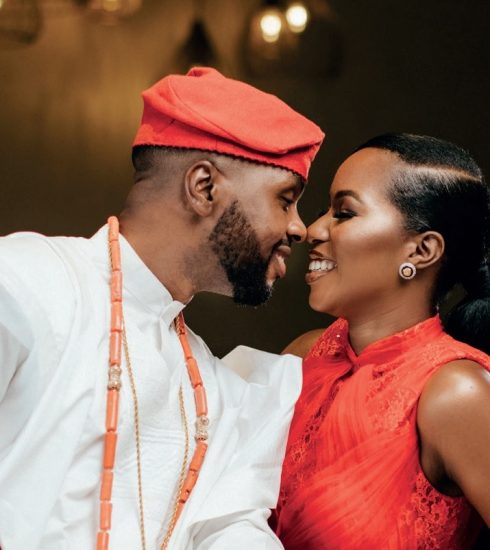
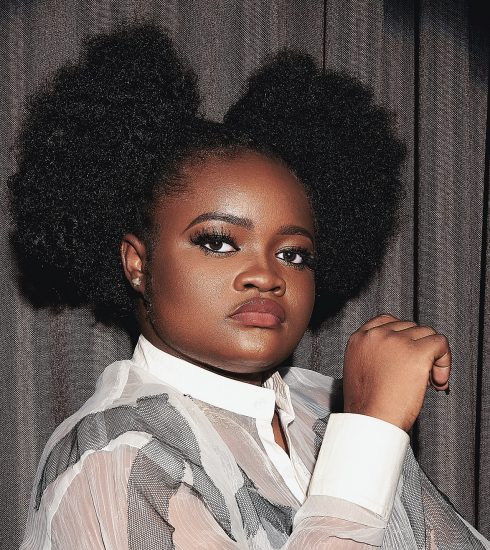
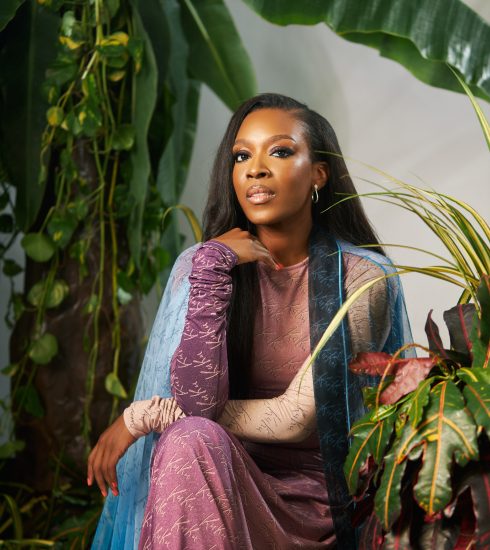
Chioma Ajunwa Oparah: Worth Her Weight in Gold
3 years ago[…] Read Full Story […]